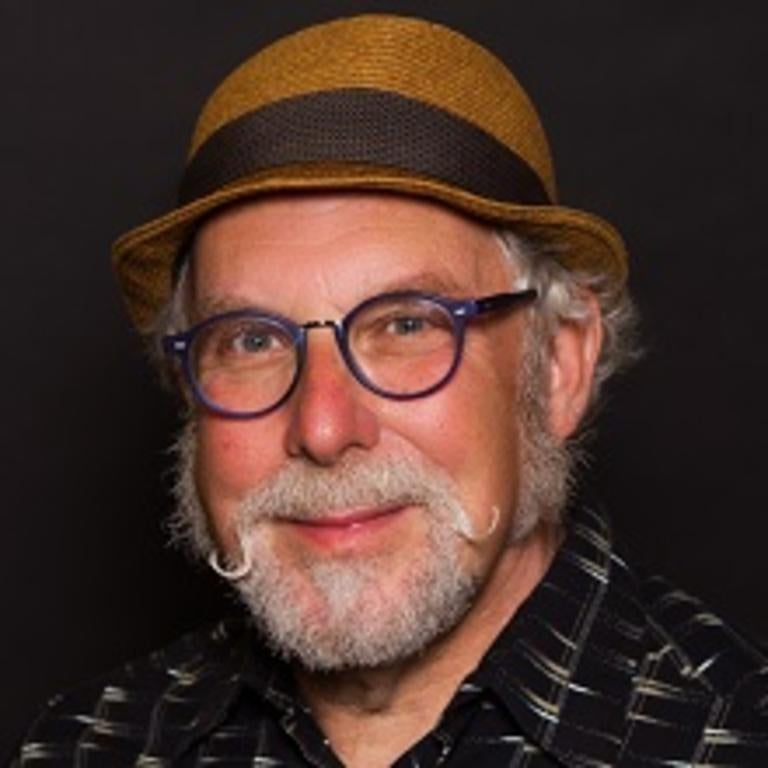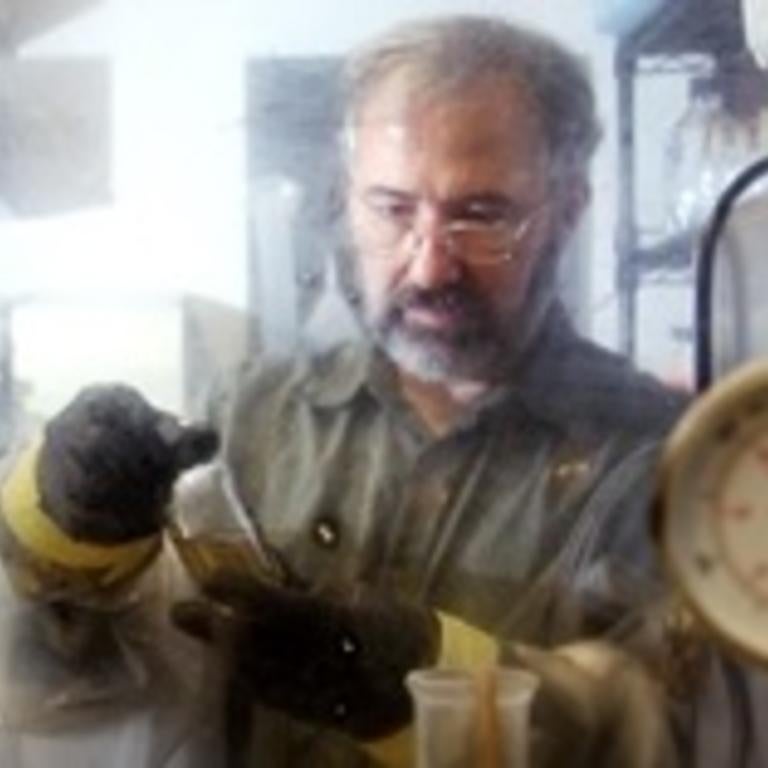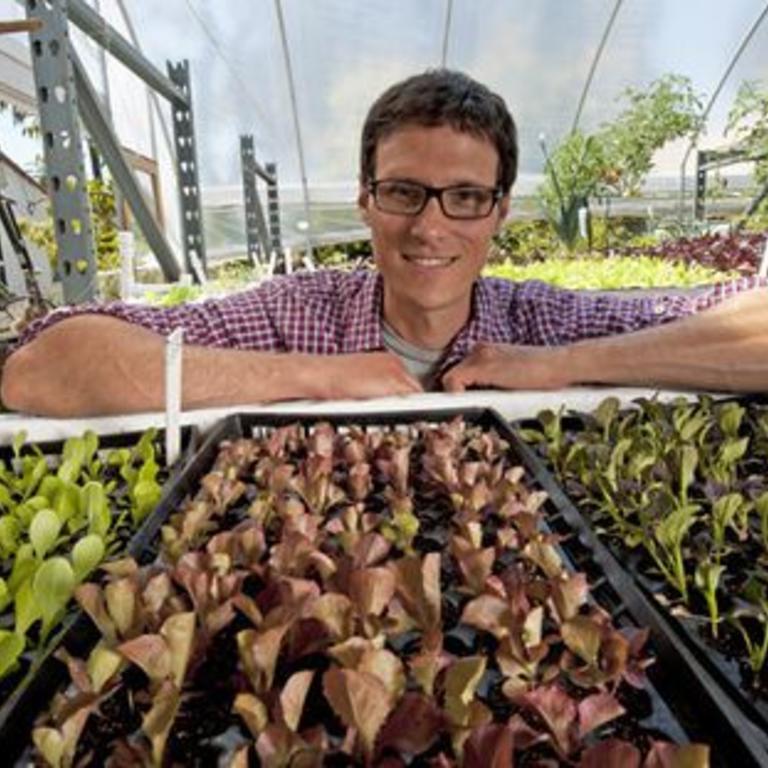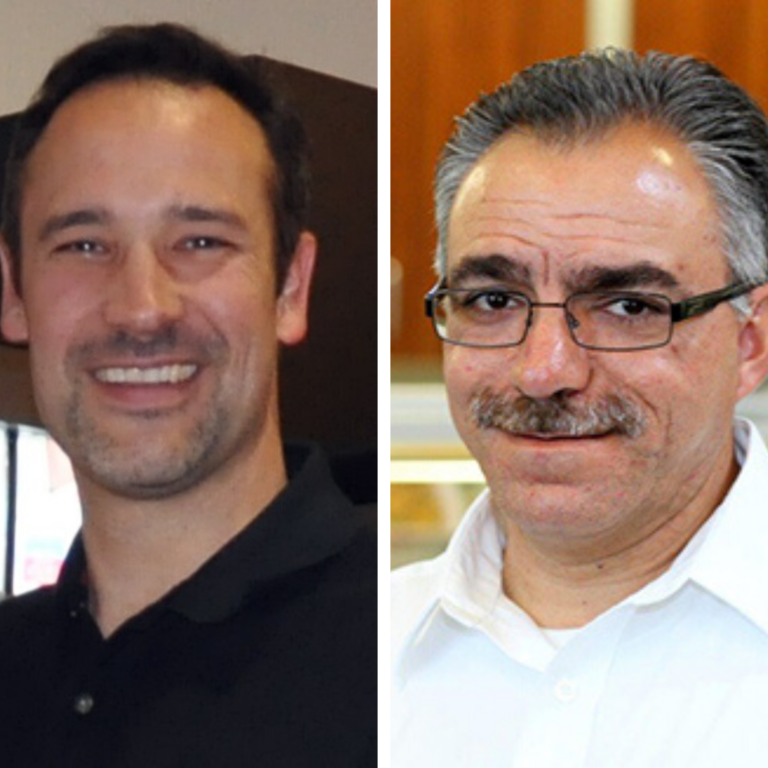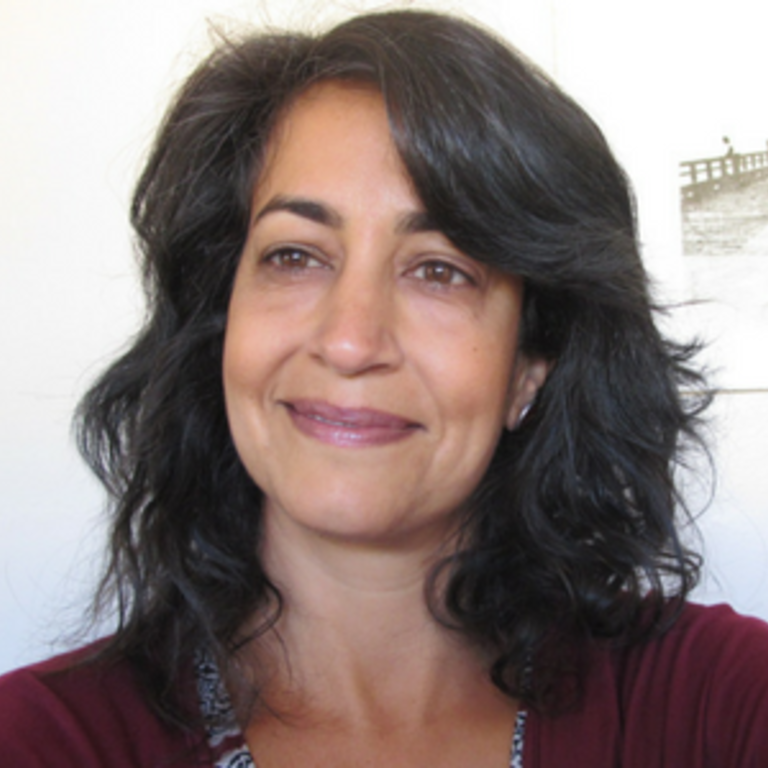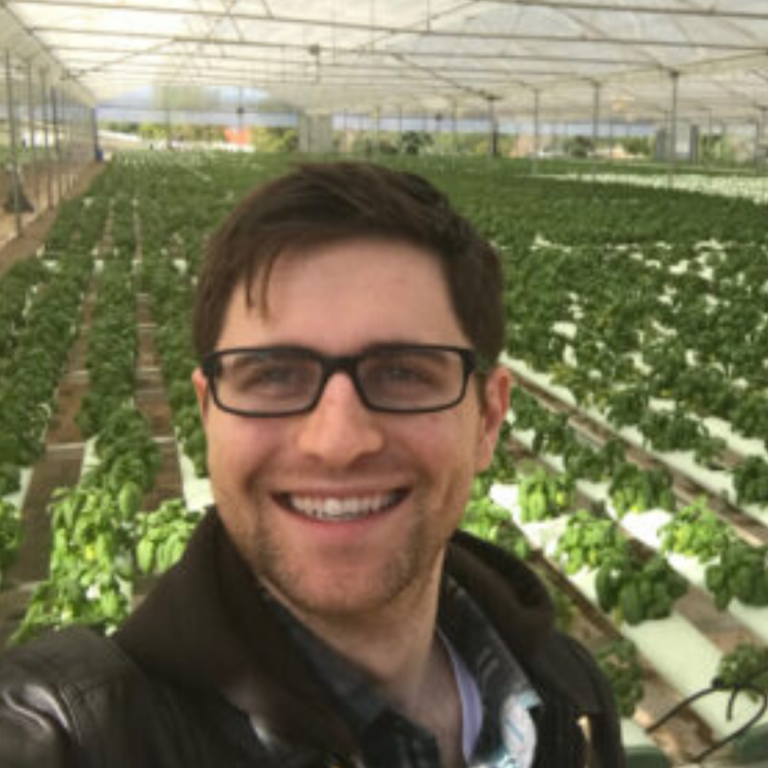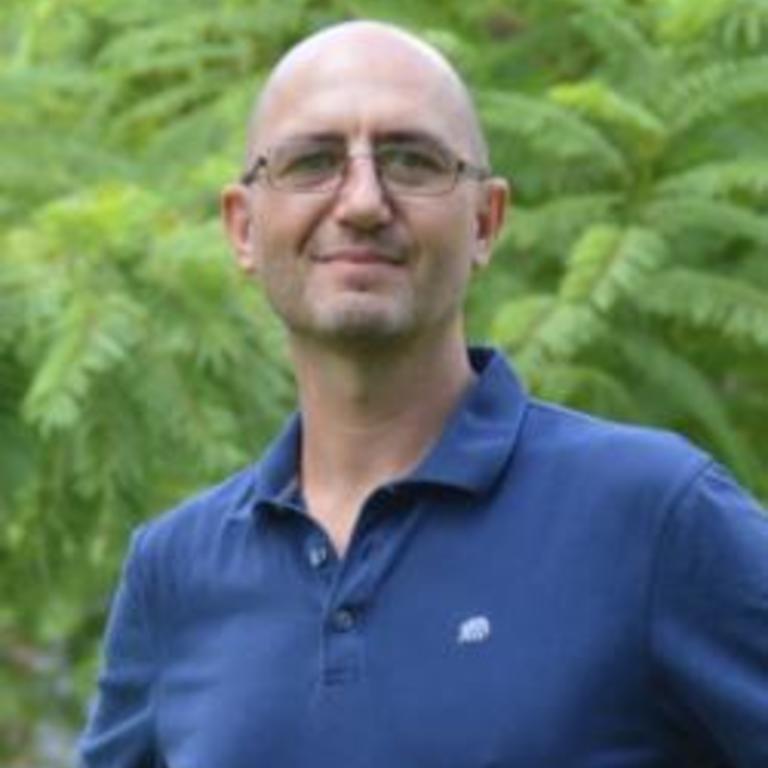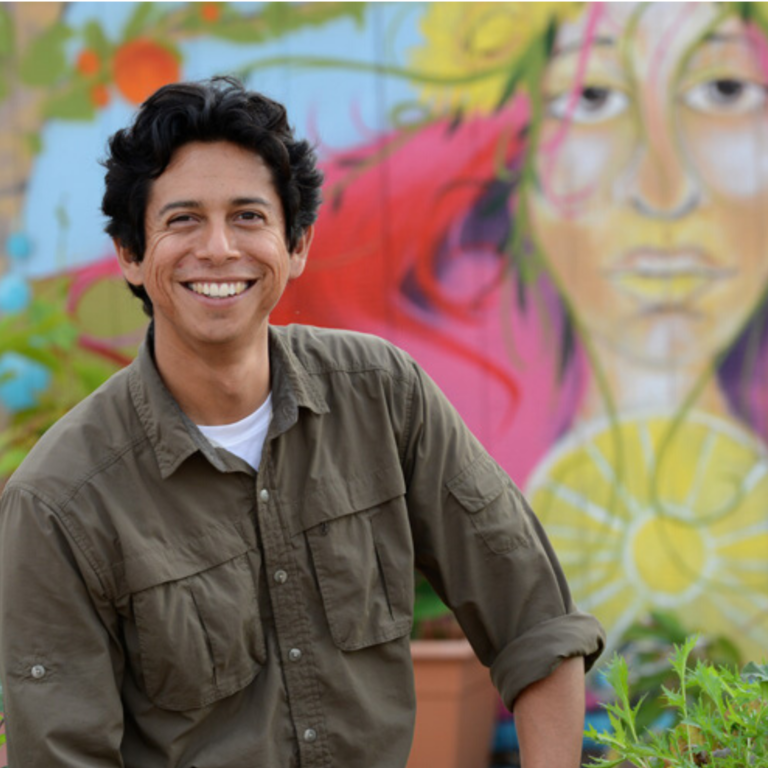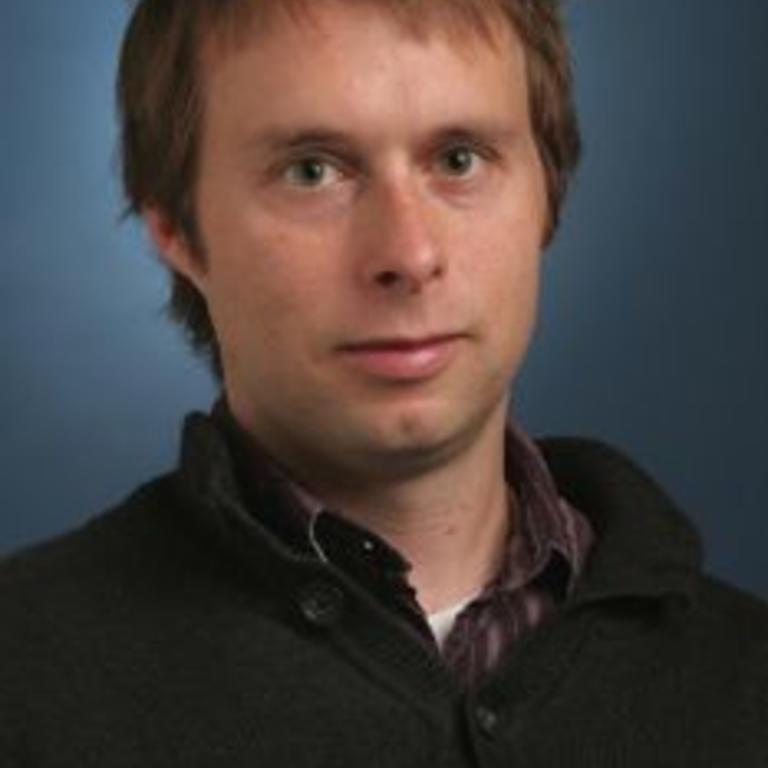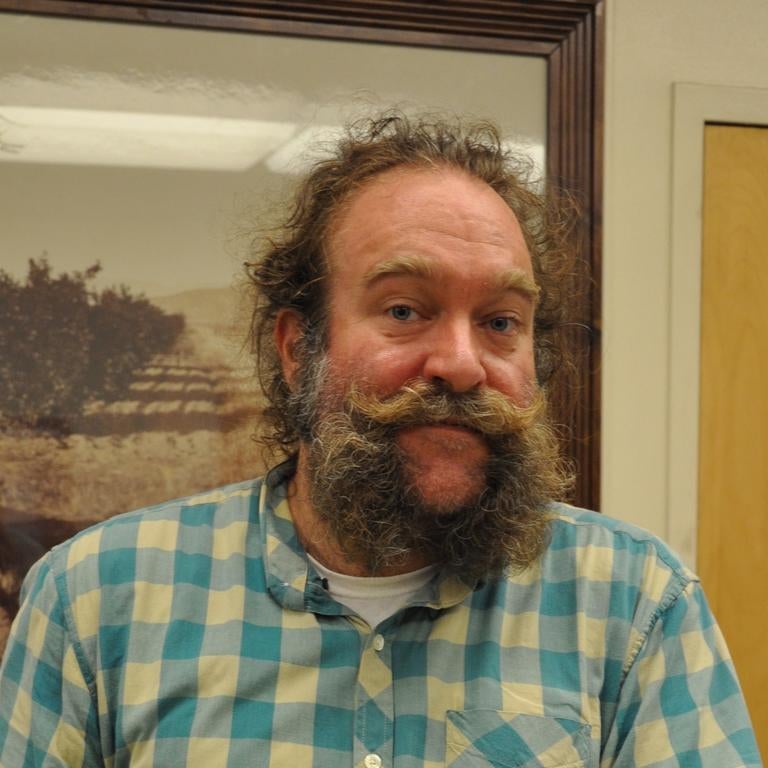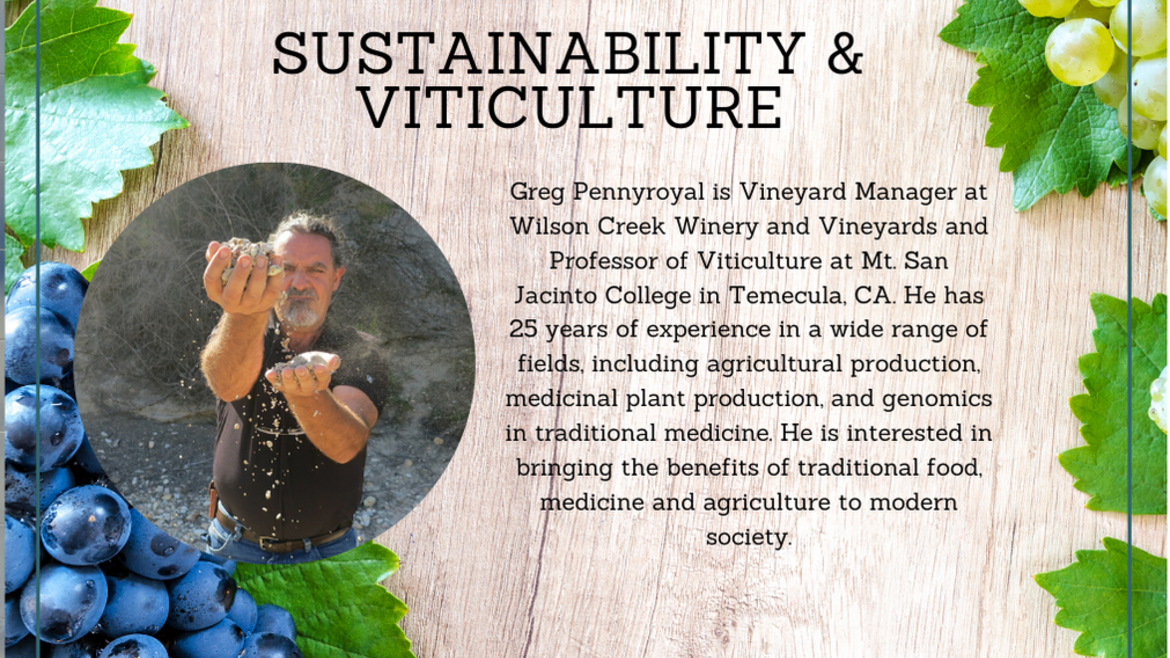Higher education institutions, especially land-grant universities such as UCR, are well positioned to catalyze transformative agriculture and life science educational opportunities so that we prepare students to understand the complex issues surrounding the current agrifood systems and their environmental, economic, and societal impact (Galt R.E. et al., 2012).
There is a dire need to increase student, faculty, and community stakeholders engagement, stimulate their interest and debate around food, agriculture, sustainable development and innovation in the face of global change.
The “hunger free 2050” post conference activities and public panel series were led by UCR students to educate, engage and empower them civically, on and off campus, to bring attention to complex and important issues to resolve to achieve food global security and environmental sustainability, i.e. - the need to reframe the question on how we are going to feed the 9.5 billion people sustainably, and the need for an all-encompassing interdisciplinary analysis to bring a more realistic and sustainable solution.
Special thanks to the student organizers involved from social, natural and agricultural sciences including: Connor Magee, Kimberly Do, Thomas Wei, Marcia Castro, Victoria Quan, John Russ, Alexis Martinez, Angeline Jiang, Elizabeth Deyett (CNI fellow 2017-2018), Rohan Kamath and his UCR Highlander Chefs group, and Audrey Lim (Science Ambassador and 2017-2018 UCR GFI Fellow).
Alternative Proteins
As living standards have improved, people consume more and more animal protein. Protein works both as fuel and as a building block for human bodies. It keeps our muscles healthy and strong, our brain functioning, and keeps excess body fat off. Since protein is now a more highly sought out macronutrient, there is an increasing demand for it worldwide. However, this has major consequences for the environment. If we are to feed everyone with nutritious diets, we will need to ensure sustainable sources of protein. Fortunately, solutions are just around the corner. Our panelists will speak about using insects, fungi, plants, and cell cultures to reliably and sustainably feed a burgeoning population. To learn more about Alternative Proteins and speakers, click here to visit the dedicated page.
Regenerative Agriculture
The loss of the world’s fertile soil and biodiversity, pose a mortal threat to our future survival. According to soil scientists, within 50 years we will not only suffer serious damage to public health due to a degraded food supply, but we will literally no longer have enough arable topsoil to feed ourselves. Without protecting and regenerating the soil on our 4 billion acres of cultivated farmland, 8 billion acres of pastureland, and 10 billion acres of forest land, it will be impossible to feed the world, keep global warming below 2 degrees Celsius, or halt the loss of biodiversity. To read more about Regenerative Agriculture and speakers, click here to visit the dedicated page.

